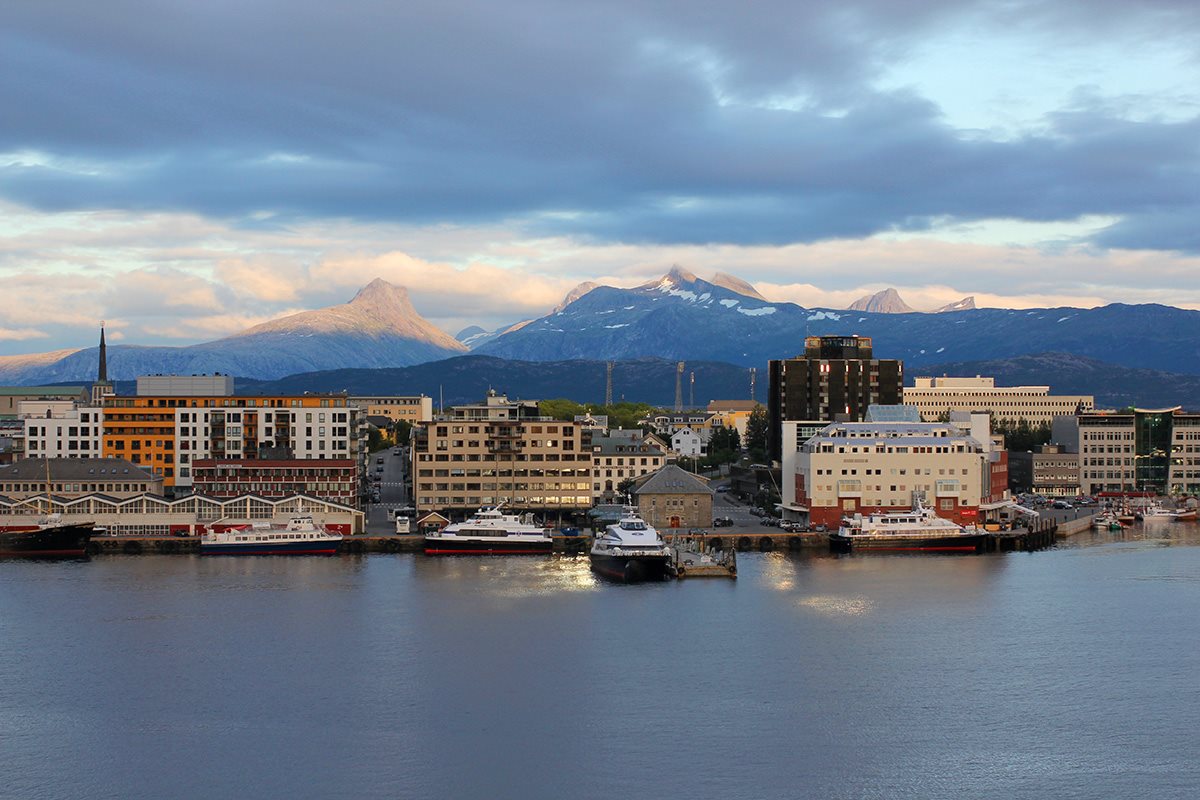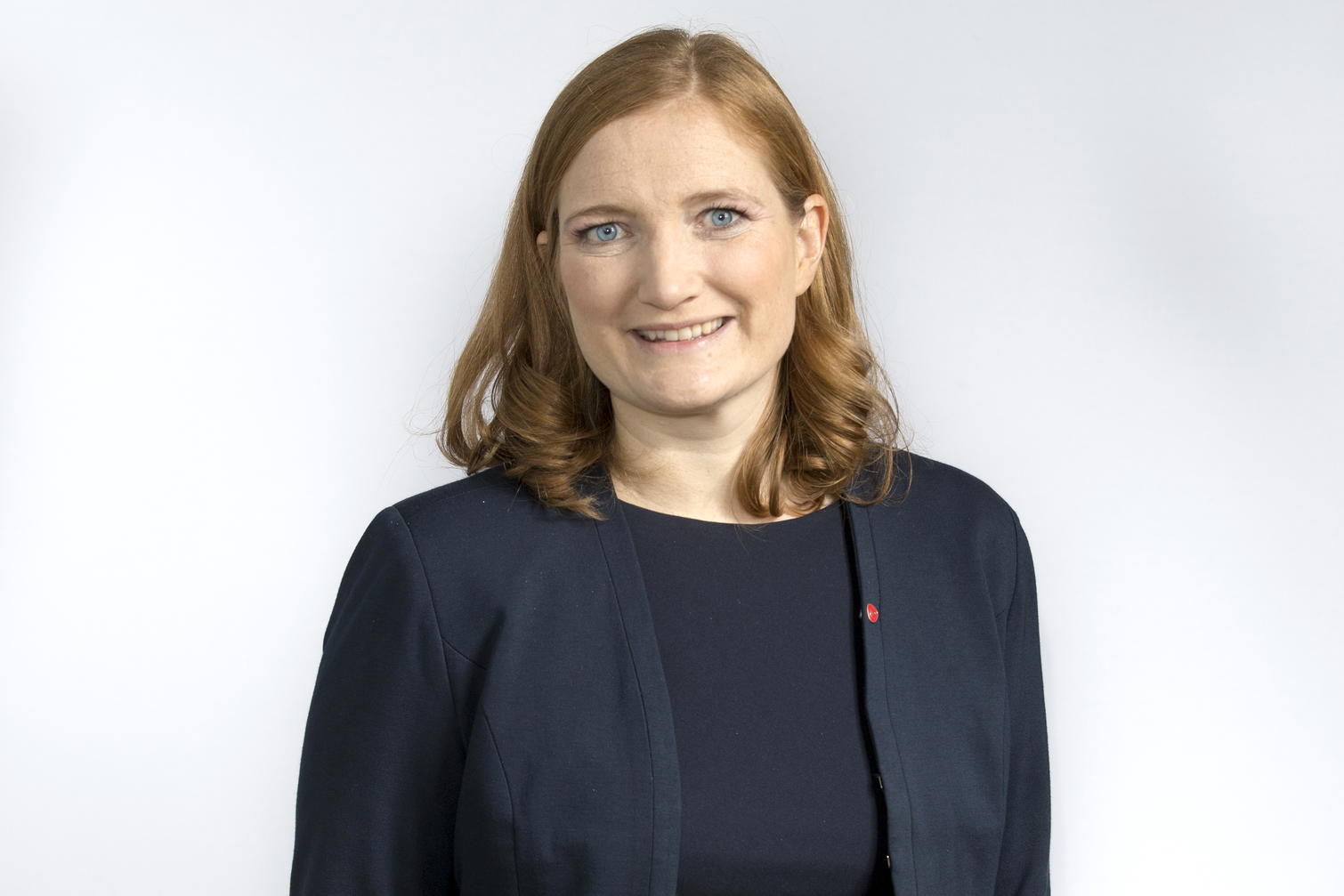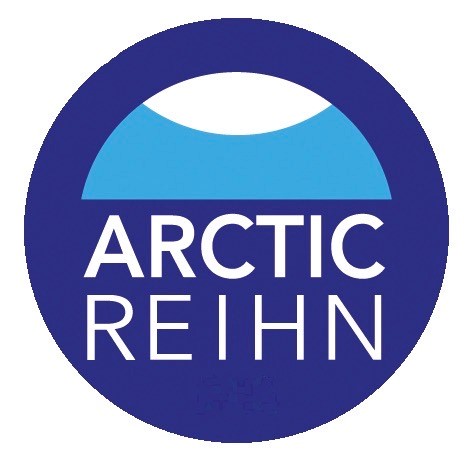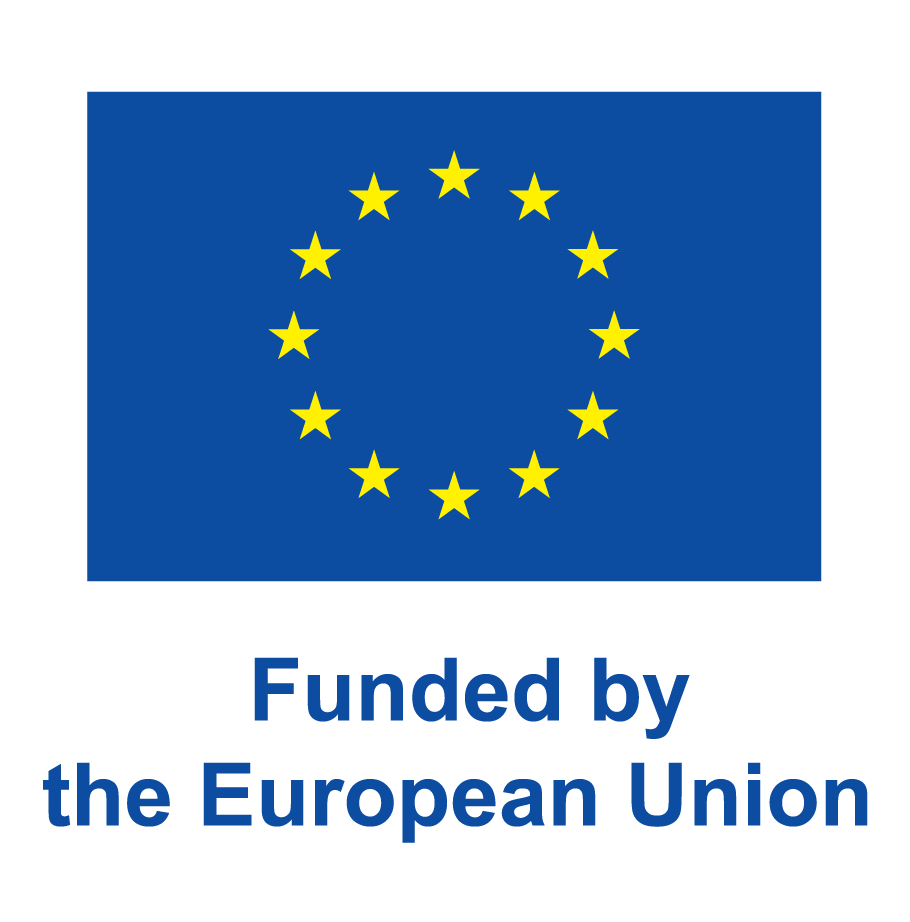Welcome to Bodø

Welcome to Bodø, an Arctic city with lasting traditions for preparedness and security. As a host city to important regional and national preparedness and emergency institutions it is a pleasure to welcome you to Bodø for Arctic REIHN 2023.
 Ida Pinnerød, Mayor of Bodø
Ida Pinnerød, Mayor of Bodø
Exercises like Arctic REIHN are key to test, verify and further develop crisis management capabilities to strengthen our public security. At the core of this is the ability to coordinate and conduct cross-border operations to foster interoperability, awareness and mutual understanding. After two years of a pandemic restricting international travel and limiting cross-national cooperation it is essential to facilitate in person and realistic exercises once again to learn from and with each other.
Located in the High North, the people of Bodø are used to rough climate and sharp seasonal contrasts. Surrounded by mountains and bodies of water we take in the northern light during the dark polar nights and the midnight sun from sandy beaches during our summer months. As the County Capital of Nordland we are a key administrative hub and a center for activities and development in the region. This has been noticed nationally and internationally as we were designated as Norway’s most attractive city in 2016, best city center in 2018 and European Capital of Culture in 2024.
Going forward we will continue this trajectory by promoting active urban development and cultural life with exiting projects and prospects. Welcome to Bodø, a European Capital of Culture in 2024 and a proud city of preparedness and security.
DSA: hallfrid.simonsen@dsa.no, or +47 915 81 135
DSB: morten.harangen@dsb.no or +47 412 93 770
NCA: lill.haugen@kystverket.no or +47 475 050 60
JRCC: anja.bakken@hovedredningssentralen.no or
+47 482 00 284
Here is a presentation of the Norwegian partners:
DSB
The Norwegian Directorate for Civil Protection (DSB) reports to the Ministry of Justice and Public Security.
DSB's overall task is maintaining a complete overview of various risks and vulnerability in general. Our responsibilities cover local, regional and national preparedness and emergency planning, fire safety, electrical safety, handling and transport of hazardous substances, as well as product and consumer safety.
Nødnett – the Norwegian Emergency Public Safety Network, a separate radio network, built specifically for rescue and emergency users, is owned and managed by DSB.
Furthermore, the Norwegian Civil Defence, the DSB College, the Norwegian Fire Academy (Norges brannskole) and the Civil Defence Academy belong to DSB's portfolio. As do the Norwegian Support Team (NST), an internationally focused emergency capacity.
DSA
The Norwegian Radiation and Nuclear Safety Authority (DSA) is the national authority and expert body in matters concerning nuclear safety, radiation use, natural radiation, and radioactive contamination in the environment. The DSA is also the expert body concerning concessions for nuclear facilities.
The DSA strives to reduce the negative consequences of radiation by ensuring that the handling of radiation sources, radioactive waste and discharges, medical radiation use, and closure and clean-up of nuclear facilities (decommissioning) are carried out correctly and responsibly. The DSA also works to reduce exposure to natural radiation from radon and UV and is responsible for managing exposure from electromagnetic fields.
The DSA strives to improve nuclear safety internationally and to prevent the dispersal of radioactive material. DSA carries out the societal mission through administering regulations, conducting surveillance, guiding, informing, providing advice, and managing knowledge. The agency chairs and serves as the secretariat for nuclear preparedness in Norway.
NCA
The Norwegian Coastal Administration (NCA) reports to the Ministry of Trade, industry and fisheries, and is a national agency for coastal management, maritime safety and emergency preparedness against acute pollution.
The NCA is responsible for fairways and represents an important common good for society.
The NCA is partly user-financed and partly funded throught the national budget. The main purpose of the The NCA is to ensure safe and efficient passage in fairways along the coast and into ports, and to ensure that national emergency preparedness measures against acute pollution are in place.
JRCC
The Joint Rescue Coordination Centre (JRCC) is in charge of and coordinates all types of rescue operations (land, sea and air rescue services). The JRCC is divided into two departments - one in southern Norway and one in nothern Norway, the latter participating in the Arctic REIHN exercise.
The JRCC was established in 1970, and its main task is to save people in acute need.
The JRCC for northern Norway (HRS N-N) is located in Bodø. The centre's geographical area of responsibility runs from 65 degrees north and up to the North Pole. In the west, the border follows the 0-meridian. In the east from the border between Norway and Russia, and a bit north-northeast until it hits 35 degrees east longitude. From there, the border follows 35 degrees north to the North Pole.
HRS N-N also has the overall responsibility for all rescue services on land from (and including) Nordland county and northwards, including Svalbard.
International partners
We have the pleasure of co-operating with the Danish Emergency Management Agency (DEMA), Radiation and Nuclear Safety Authority (STUK) i Finland, Geislavarnir rikisins (IRSA) in Iceland, MIRG Zeeland i Nederland, the Swedish Civil Contingencies Agency (MSB) and the National Authority for Emergencies and Civil Protection (ANEPC) in Portugal.

